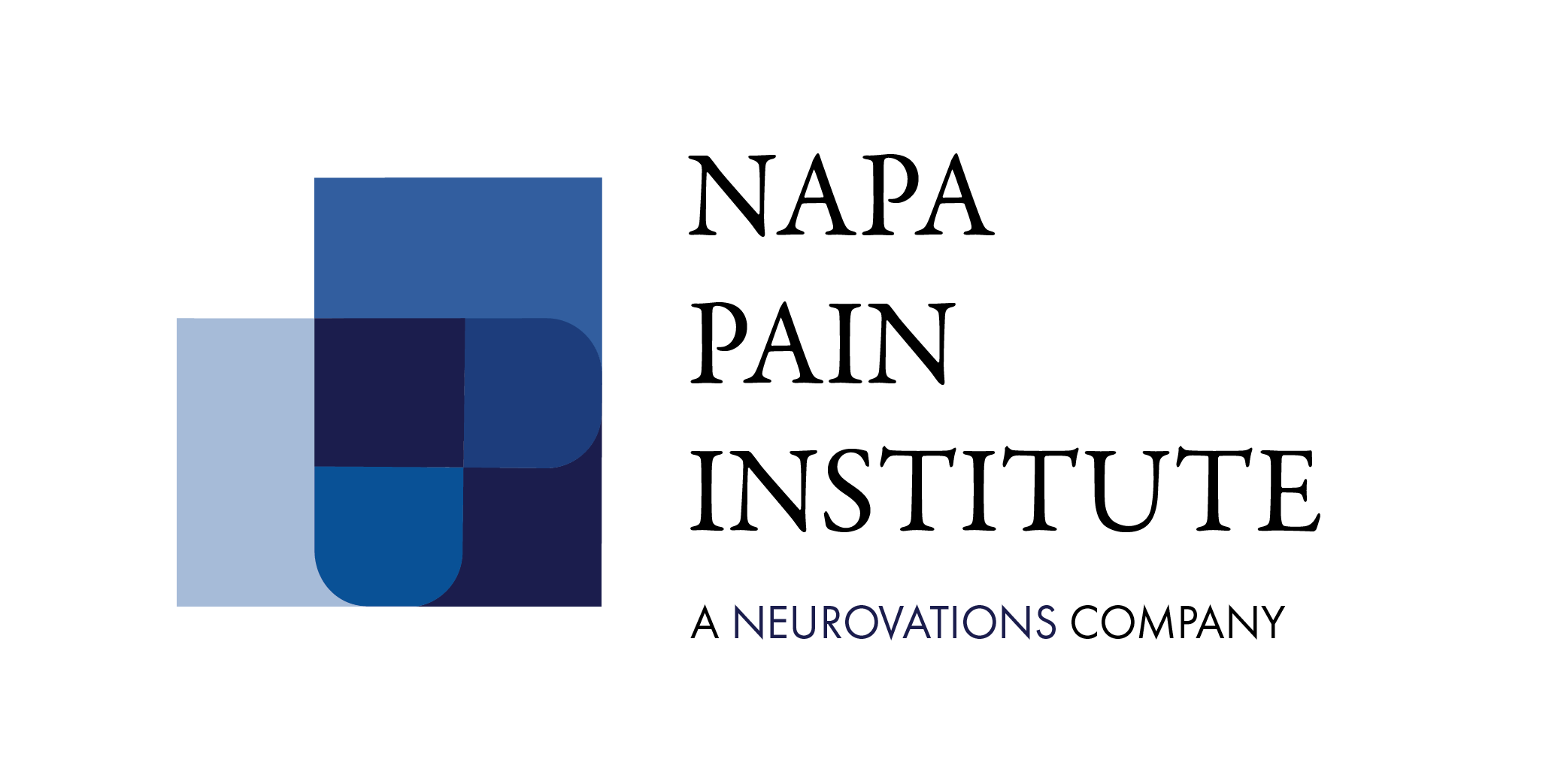Cancer pain is a complex and often debilitating symptom that can result from the disease itself or its treatments. Pain management is an essential component of cancer care, and there are several treatment options available to help manage cancer pain.
One of the most common treatments for cancer pain is medication. Analgesics, or painkillers, can be effective in managing mild to severe cancer pain. These medications can be given orally, intravenously, or through skin patches. Opioids, such as morphine and fentanyl, are commonly used for moderate to severe cancer pain.

Another option for managing cancer pain is interventional pain management techniques. These procedures target specific nerves or areas of the body to provide pain relief. Examples include nerve blocks, epidural steroid injections, and radiofrequency ablation. These procedures are usually performed by a pain management specialist and can provide significant relief for those with cancer pain.
Additionally, non-pharmacological treatments can also be effective in managing cancer pain. These include physical therapy, acupuncture, and relaxation techniques. Physical therapy can help improve mobility and reduce pain, while acupuncture has been found to be effective in managing cancer-related pain and other symptoms.

In conclusion, cancer pain can be a challenging symptom to manage, but there are several effective treatments available. Medication, interventional pain management techniques, and non-pharmacological treatments can all be used to manage cancer pain. It is important for individuals with cancer pain to work closely with their healthcare team to develop a personalized pain management plan that takes into account their unique needs and preferences. With the right treatment, it is possible to manage cancer pain and improve quality of life.





